
The Art of Impossible
A Peak Performance Primer
ISBN: 9780062977533
Pages: 336
Recommendation
A best-selling author and one of the world’s leading experts on peak performance, Steven Kotler says achieving what seems impossible might be easier than you think – if you work with your biology, not against it. In this inspiring book, Kotler shares how evolution shapes the factors which allow humans to perform at their best and what powerful internal motivators, rooted in the brain’s neurobiology, will pull you forward no matter what. This insightful, science-backed reading will intrigue everyone who wants to live a life of extraordinary performance and purpose.
Summary
About the Author
Steven Kotler is a New York Times best-selling author of eleven books, an award-winning journalist and the executive director of the Flow Research Collective.








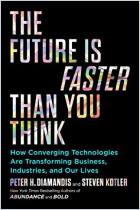
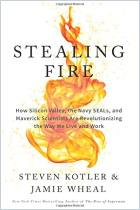
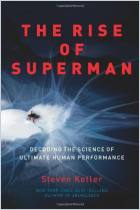
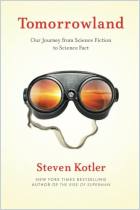
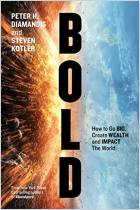
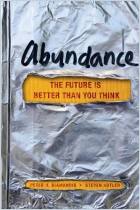
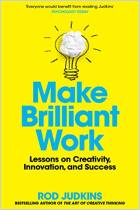
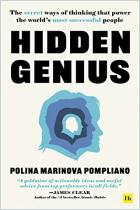

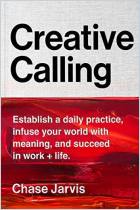
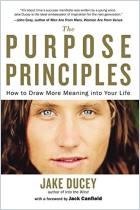
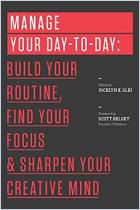

Comment on this summary or Start Discussion